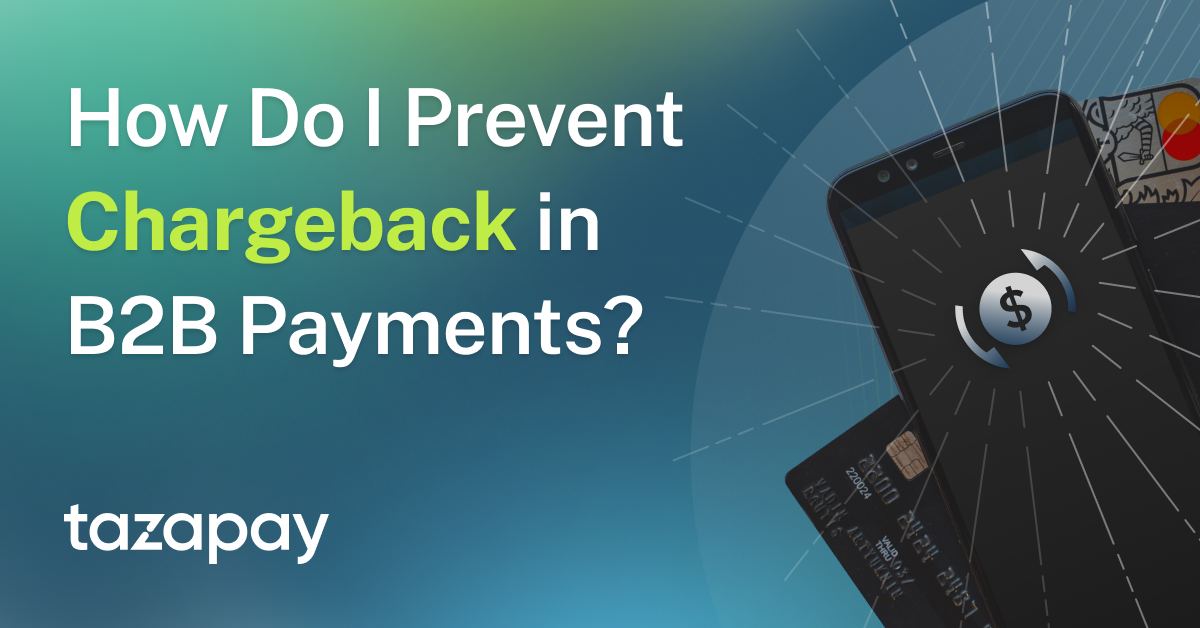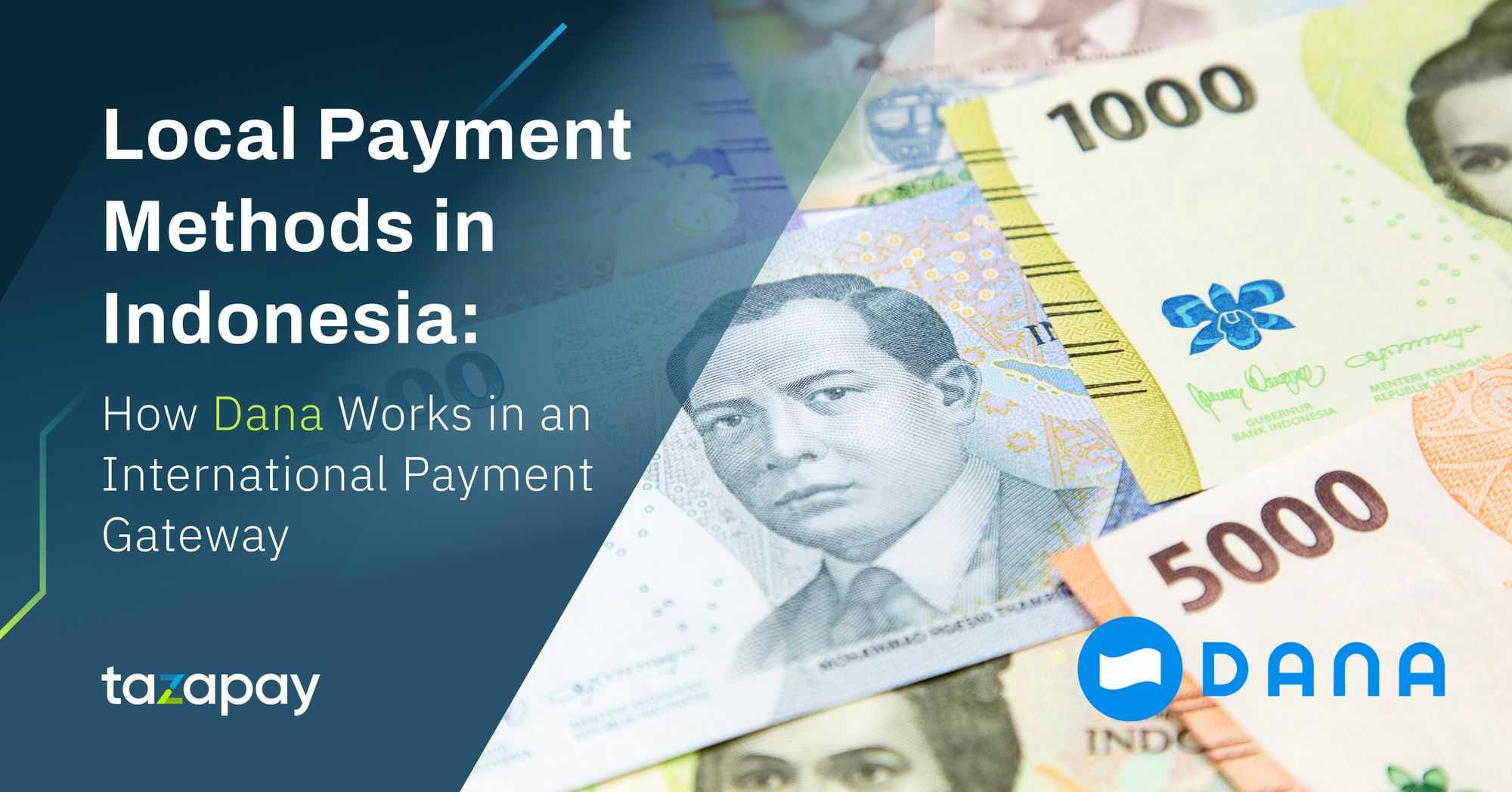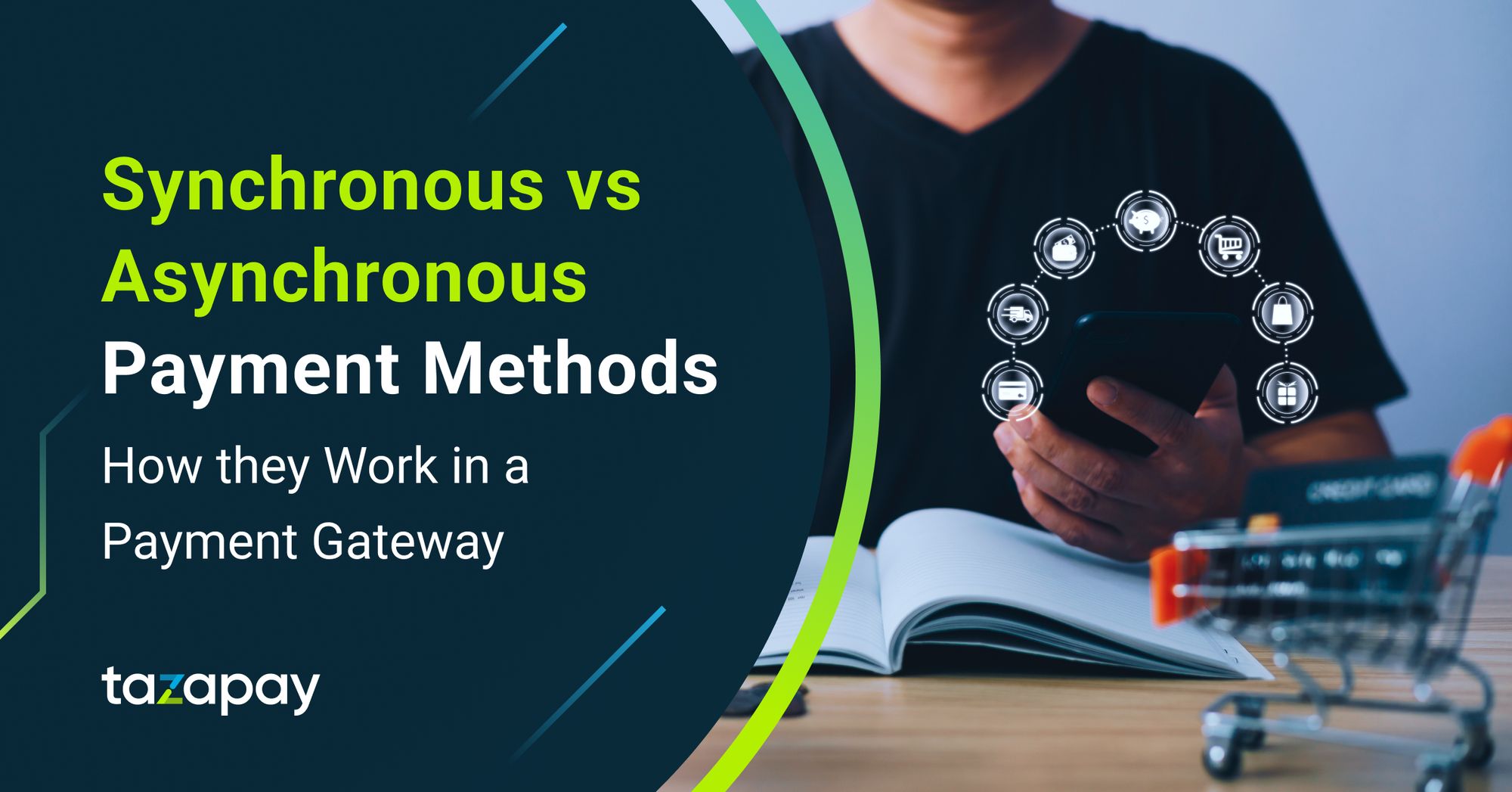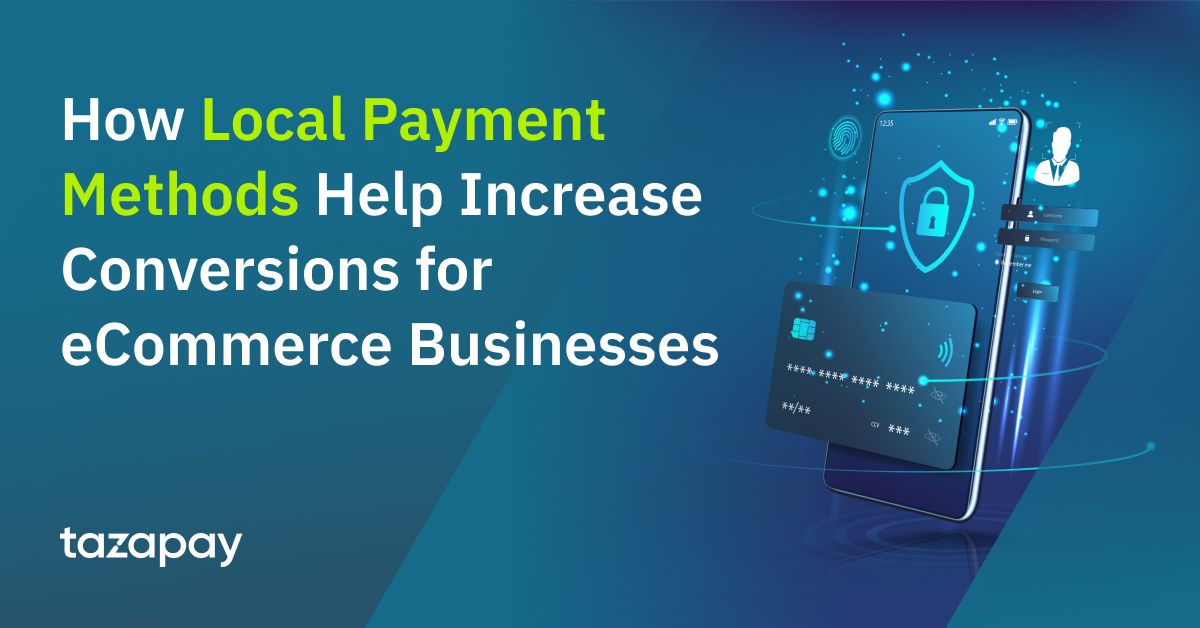- Home
Blog Blog
Payments Resources Payments Resources
How Do I Prevent Chargebacks in Online B2B Payments?
How Do I Prevent Chargebacks in Online B2B Payments?

It is an accepted fact amongst merchants both experienced and inexperienced that not every transaction is smooth sailing. Sometimes, friction between the merchant and the customer occurs that then leads to a bothersome dispute resolution process. In business conducted between businesses, or B2B, these disputes can be costly to either party involved so it is in the best interests of a B2B to take preventative measures against them.
One common dispute that both B2C and B2B businesses may encounter are chargeback disputes. What are they and how can one prevent chargeback in B2B payments?
One account, 173+ markets. With Omoney, you can collect and disburse payments around the world through our simple payment links, comprehensive API integration, or our secure digital escrow. Fully digital and tailored for your business needs, make the world your market with Omoney today!
What is a Chargeback? How Does this Affect Businesses?
A chargeback dispute, or simply referred to as a ‘chargeback’, is a payment reversal requested by the customer and the process can be initiated either by the buyer or the buyer's card issuing bank¹. These disputes tend to be time-sensitive and time-consuming since not only does the customer need to make the dispute within a certain period of time which is also known as a ‘chargeback period’, but they also have to contend with possible long wait times and potential hassles with their banks and/or customer service representatives².
These long wait times and hassles can also be costly to the goods sellers, service providers, and marketplaces since time spent on such a dispute means that less time is allocated to resolving other possible disputes and/or create bottlenecks in managing other payments.
Why Do Chargebacks Happen?
Despite the time-sensitive, and time-consuming nature of chargeback disputes, they are still commonplace and customers can request for a chargeback for a variety of reasons. First and foremost, a customer can ask for a chargeback because they claim that the goods that were promised to them never arrived. A customer can also request a chargeback by claiming that the item received was different from what was described by the merchant, that the item arrived damaged, or that they claim that the purchase was never authorised by the customer.
The commonality between these reasons is that a dispute always stems from a perceived dissatisfaction or negative experience that the customer has had with either the product, the service, or the merchant.
How Do I Prevent Chargebacks from Happening in Online Payments?
Fortunately, preventing these disputes from happening is not a complicated process nor is it costly since it boils down to providing additional documents for verification and avenues that would alleviate any dissatisfaction the customer may have, and make the whole ordeal as painless as possible.
Payment service providers like Omoney typically have a few chargeback policies in place to prevent them from happening on their platform. These include:
- Having a stringent verification process for onboarding sellers
- Requesting documents for transactions worth more than USD 1000 to show that the product has been dispatched according to the sales invoice
While having these processes means having more paperwork on your part, having these documents at the ready for both the payment platform and your buyer can help to ease the process and earn trust.
On top of that, here are several ways to further prevent chargebacks and/or disputes from happening to your business:
- Verify Your Clients: Be certain with whom you’re dealing with. If you’re using Omoney escrow, know that the KYB/KYC process is stringent for both parties using the escrow, thus knowing important details like the ID of your customer is already one of the steps to prevent chargeback.
- Provide Contact Information: Providing your email address or customer support phone number gives customers a means to contact your business directly about an issue that they may be facing.
- Respond Promptly: Whenever confronted with reasonable buyer inquiries, respond as quickly and as professionally as possible.
- Have a Clear Returns/Refund Policy: Ensure that your business’ policies concerning refunds and/or returns are in clear and simple terms.
- Suggest Dispute Resolutions: Point your buyer towards your company’s dispute resolution avenues instead of filing a chargeback with their credit or debit card company.
- Issue Refunds When Possible: If a chargeback seems more likely to happen, try issuing a refund to resolve the dispute. Avoid the additional costs from chargebacks.
- Be Transparent: Provide as much information and relevant details as possible on the product or service that your business is selling. Outline clear contractual terms to ensure that obligations are well understood and legally binding using escrow.
However, if all else fails, it is better to accept the chargeback and help them as best as you can throughout the process. Not only would this give them a favourable impression of your business, but it may increase the odds of them returning as a client.
Now that you know better about chargeback dispute prevention, you can look towards conducting your business with better ease of mind. If you happen to be looking for a B2B escrow service with a robust KYB/KYC process and a readily available dispute resolution process, Omoney may be the one for you. With operations in over 173 countries, not only is the world your market to explore but you can also find solutions that fit your needs.
Sources:

Payments Resources
How Do I Prevent Chargebacks in Online B2B Payments?
Related Articles

Local Payment Methods in Indonesia: How Dana Works in an International Payment Gateway







